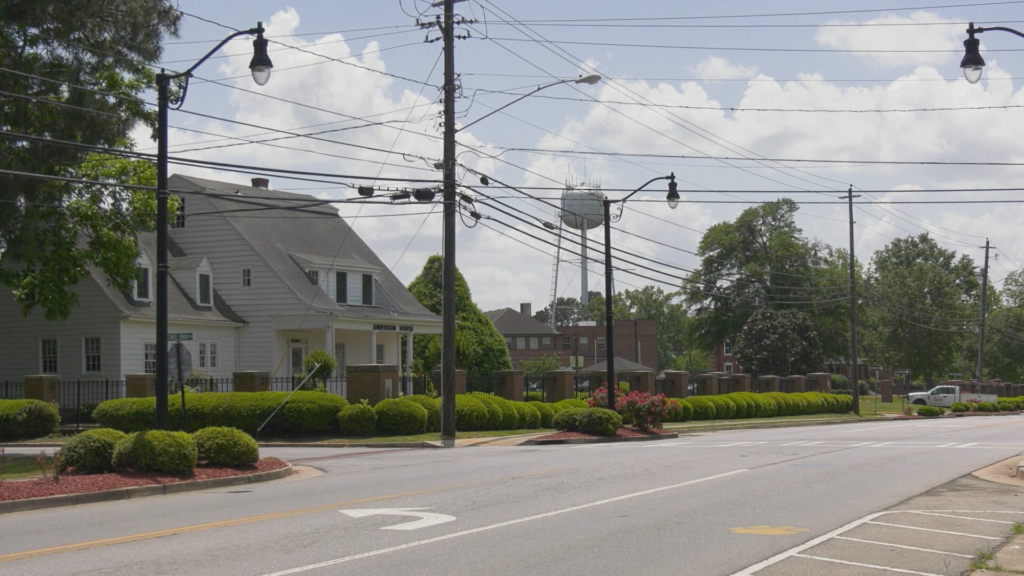Positive Parenting: What parents need to know about the heat
Children heat up faster than adults, that’s why you need to make sure you have a place too cool off.
GAINESVILLE, Florida – The summer heat is on and it’s getting hotter and deadlier. Kids are among the most vulnerable. From the playground to football practice, extreme temperatures can turn dangerous — fast.
Fires, floods, hurricanes and tornado’s — all dangerous — but extreme heat kills more people in the U.S. than any other weather event.
Last year at least seven teen athletes died during summer practice.
“It has to do with how long you’re in the heat, how intense the heat load is, what you’re doing in the heat,” explained Thomas Clanton, PhD, medical physiologist at the University of Florida.
He is a leading expert in heat stroke.
“People who have experienced heat stroke, they have about a three to four times higher incidence of heart disease, about a four-time greater incidence of kidney disease and about a two times greater incidence of severe liver disease,” Prof. Clanton told Ivanhoe.
Clanton says your cells remember the heat stress and it can have a lasting imprint. That’s why it’s critical for parents to know the signs.
“About 80 percent of the people with heatstroke actually go unconscious,” said Prof. Clanton.
Children heat up faster than adults, that’s why you need to make sure you have a place too cool off. For kids, fluid management is key. Make sure they’re hydrated, take frequent shade breaks, watch closely for warning signs such as confusion, rapid breathing and headache, and remember, as temperatures rise, so does the risk.
Scientists expect temperatures to continue to rise since burning of fossil fuels, such as oil and gas traps heat from leaving our atmosphere, driving many local communities to promote increased use of clean energy sources instead. But remember: if a child stops sweating, collapses, or acts confused — call 911 immediately.



